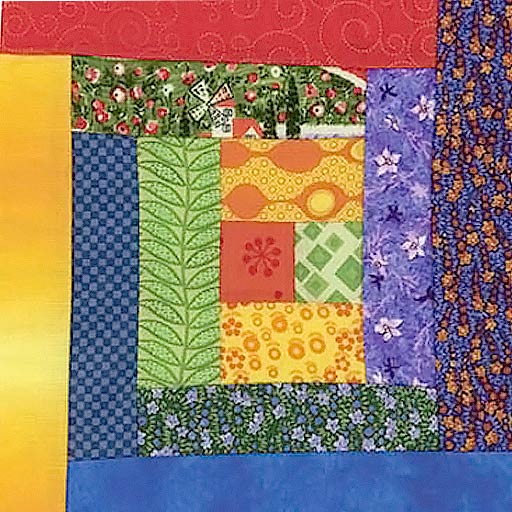Q: When we become aware of someone’s need, do we offer assistance? PYM Faith and Practice, 2002
Often Meetings are shy about contacting Friends and attenders who might be in need of some sort of support. Meeting members say, “I don’t want to intrude”, or, “They’ll call us if they need something”, or, “We don’t do that.”
Actually, we should reach out, as we did historically, and, if not us, who then? Friends forget that it is not the clergy that we got rid of, but the laity: we are, all of us, the clergy, the preacher, the minister, the pastor, for our Meetings. As pastors, we have a responsibility to reach out to seniors, singles, and the no longer able, to ascertain what role Meeting needs to take in their support. Those who need our help most, may be the least able to ask for it. If the person rejects our help, at least we have tried.
Historically, this sensitivity to the needs of persons and families in a Quaker Meeting resided with the Women’s Business Meeting who would identify the need, propose what was to be done and by whom, and they would then turn to the Men’s Business Meeting to provide the funds, or the milk cow, or the farm help. When the Business Meetings were combined, responsibility to be aware of where care was needed was no longer as clearly defined, and Meeting’s role in alleviating that need may have changed. When Friends lived in communities with many other Quakers, no one’s need was overlooked. However, these days, it is easier to lose track of our Friends from one Sunday to the next.
Q: Do all adults and children in our community receive our care and encouragement to share in the life of the Meeting, and to live as Friends?
With fewer families living close by and more families needing to live on two full time incomes, with more people not having children, with aging singles, Meetings have important work to do. We may find ourselves increasingly filling in the blanks, connecting people with assistance, and alerting families of changes in behavior or mental status. In Philadelphia Yearly Meeting Friends can turn to the Care and Aging Office. Aging Resources, Consultation and Help, ARCH, is available to Friends in New York Yearly Meeting.
Q: Am I ready to offer assistance as part of my religious community serving its members? Am I equally willing to graciously accept the help of others?
One Meeting cared for an older Friend’s cat during a hospital stay; another drove a Friend to medical appointments; a third contacted the distant son when his stepmother needed nursing home placement and his father was no longer able to get financial papers in order. PYM has sent a social worker to help a hoarder slowly part with clutter, or to deal with depression; ARCH has worked with Meetings and families to identify assistive strategies, or to explain how nursing home costs can be covered.
Often the most significant services a Meeting can provide are a visit, a phone call, an invitation to a meal. Both Care and Aging and ARCH can help Meetings establish Care Teams which identify the needs to be met, then recruit Friends, neighbors, and family to share in meeting those needs. Care Teams result in less work for a few people as the work is shared by more team members, and enormous satisfaction: no one gets burned out, everyone does only what they have the time and inclination to do.
One Meeting realized that they were not as aware of Friends’ needs and they called everyone on the Meeting list and asked if there was something they needed from Meeting. That resulted in learning of inter personal issues they hadn’t picked up on, more requests for clearness meetings, and a new awareness of where care was called for. This pastoral care can lead to a new closeness within the Meeting, add depth to worship, and enable Friends to live out the Testimonies of Community and Equality, equality in the sense that those who can attend Worship and those who are shut ins receive equal care and notice from the worshiping community.
Meetings who step into their role of pastoral care will receive gifts of grace they can not anticipate.
“And I desire that you may be very kind and courteous to all in necessity, in the love of God…” George Fox, 1682
Download this article in pamphlet form
LINKS TO MORE INFORMATION: Click on the blue text below to be directed to outside websites that offer additional information on this topic. Articles from this site will open in the same browser window/tab. Articles from other websites will open in a new window; when you are done, simply click out of that window and you will be back on this site.
More articles on this website:
Including Everyone: Faith Community Care for People with Challenges
Spiritual Approach to Dementia Care
Other articles/links:

